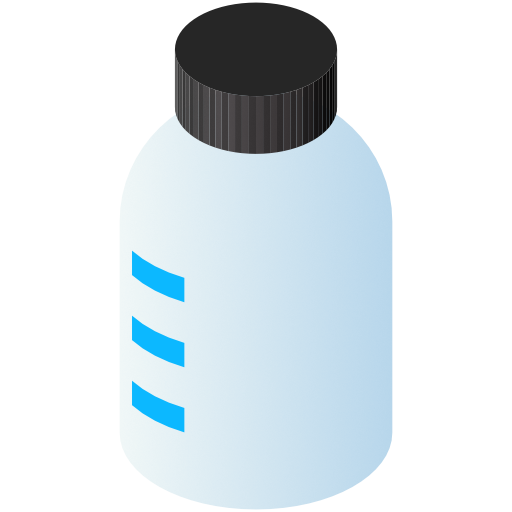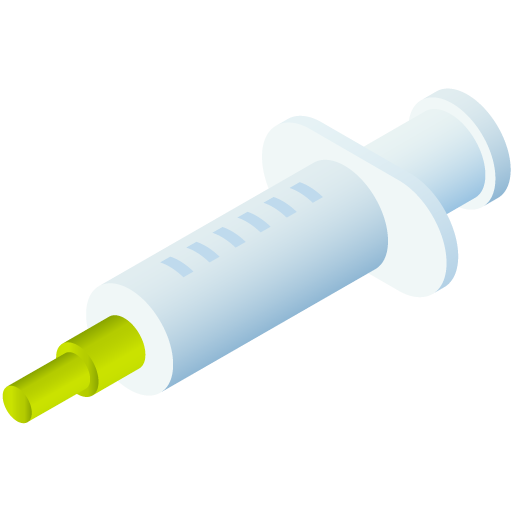Ivermectin
Showing 34 of 34 resultsIvermectin is an antiparasitic substance widely used for the treatment and prevention of parasitic infections in animals. It is effective against both endoparasites (such as roundworms) and ectoparasites (such as mites and lice).
Essential insights
- Glutamate-gated chloride channels: Ivermectin binds to glutamate-gated chloride channels in the nerve and muscle cells of parasites, increasing the influx of chloride ions into the cells.
- Paralysis and death: This binding causes hyperpolarization of the cell membrane, leading to paralysis and death of the parasite.
- Selective toxicity: Ivermectin is selectively toxic as mammalian cells lack these glutamate-gated chloride channels, ensuring safety for the host animal when dosed appropriately.
Breed-specific drug reactions
Australian Shepherds, Border Collies, Collies, Old English Sheepdogs, Shetland Sheepdogs, and other herding breeds have a breed-specific sensitivity to ivermectin. High doses of ivermectin can lead to severe neurological symptoms in these breeds, including tremors, ataxia, coma, and even death. This sensitivity is due to a genetic mutation (MDR1 gene mutation) that affects the blood-brain barrier, allowing the drug to accumulate in the brain and cause toxicity.
Because of this risk, the use of ivermectin is not recommended in these dog breeds, and safer alternatives should be considered.
Other breeds that can be affected include Whippets, Miniature Schnauzers, Chesapeake Bay Retrievers, Boxers and additional herding breeds like Belgian Tervurens and Swedish Vallhunds.














